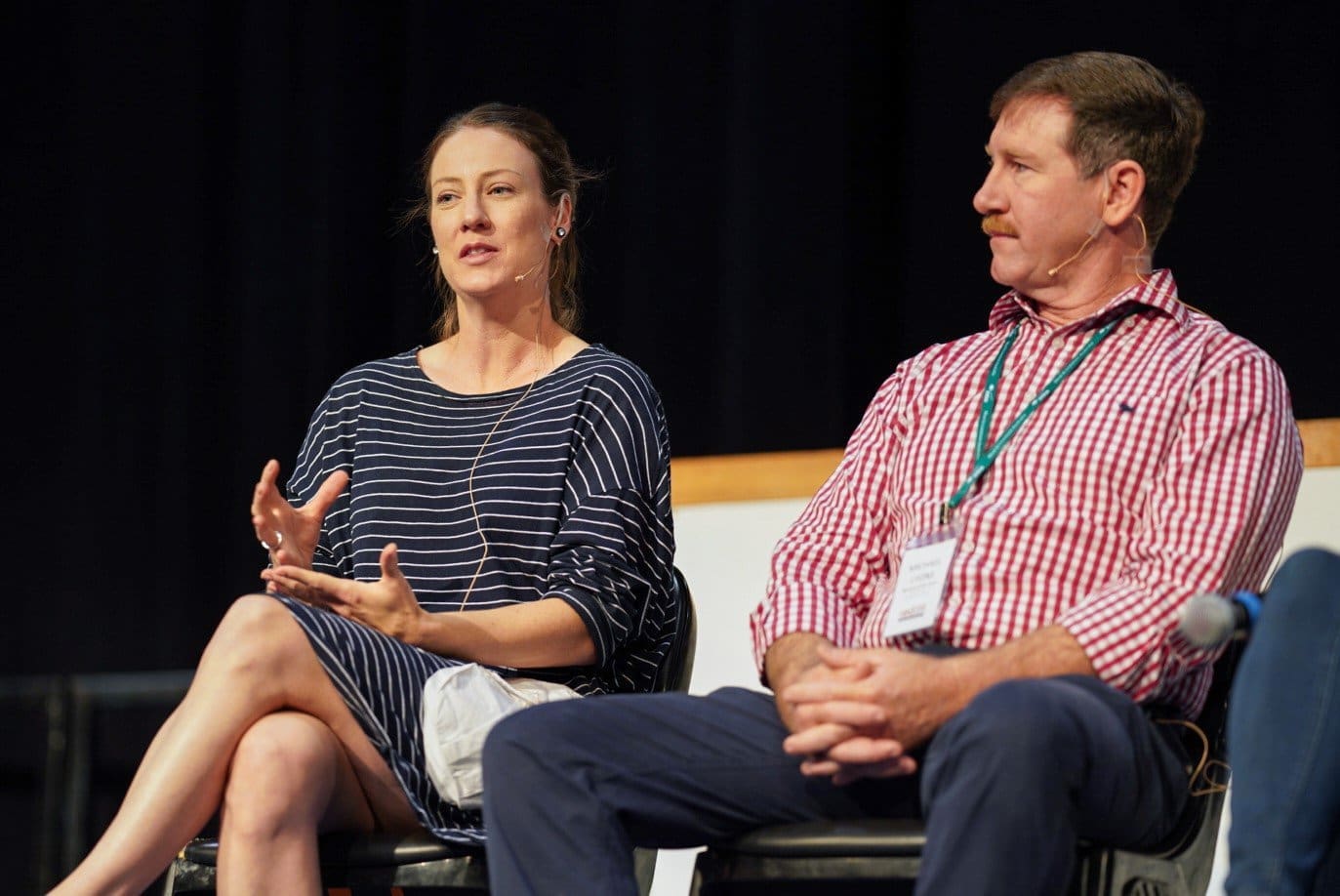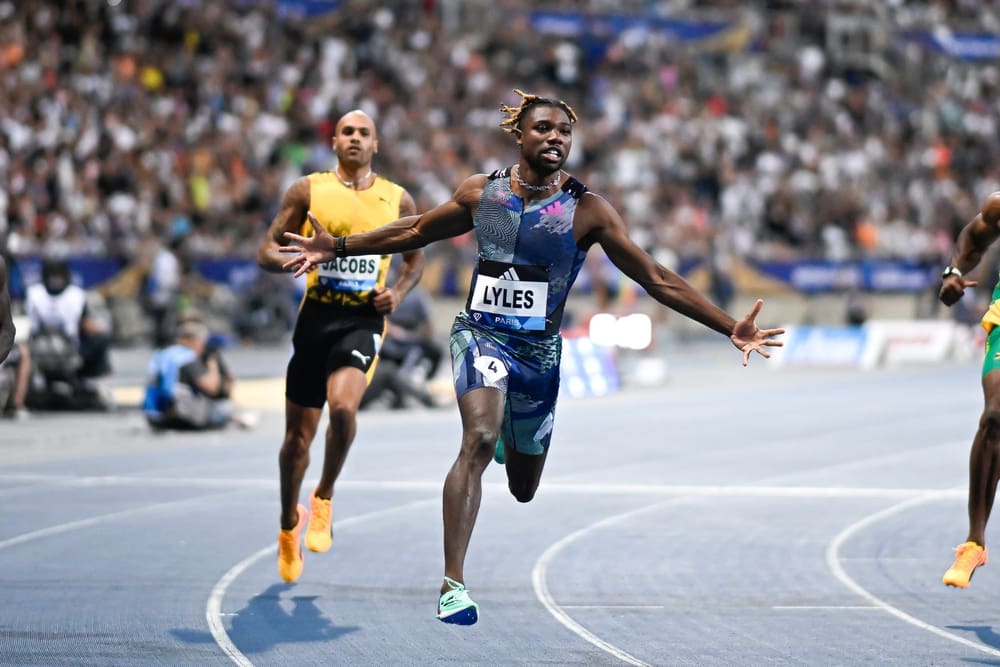A PROMINENT sports nutritionist says red meat will still be part of the diets of Australian athletes, despite the organisers of the Paris Olympics aiming to promote the benefits of a “meatless way of life”.
Ahead of the games starting at the end of July, the Olympic committee has released its food vision for the athletes village, which has become known as the world’s biggest restaurant. The organisers are planning to put on more local and more plant-based food – having the amount of meat from 2021.
“We are convinced that with these Games we have a unique opportunity to do things differently and show that another model is possible,” said Philipp Würz, who is responsible for food & beverages at Paris 2024.
But the meatless model is not necessarily in keeping with the high-performance diets of the Australian athletes heading over.
Plant-based push won’t impact Australian athletes
Peta Carige is a sports dietician, who works with a wide range of athletes, including the Queensland women’s state of origin team and the Australian athletics team. She said a team of dieticians will follow the Australian athletes over and will be making sure they are getting their full nutritional requirements – including a health dose of red meat.

Peta Carige and NQ cattle producer Michael Lyons on a panel during the Red Meat 2019 industry breakfast on Wednesday.
“A lot of them have to be very conscious of their iron levels – so we have a big focus on consuming the correct portion of healthy red meat leading into big competitions,” she said.
“Red meat is part of a balanced healthy diet in meeting the protein requirements and the distribution of it across the day for athletes recovery is really important.”
As for the message the move from the Paris 2024 team is sending to the general public about nutrition, Ms Carige said it was only telling half the story.
“I am always educating and pushing for everyone, athletes or not, to eat more vegetables and meet their recommended serves of plant, wholegrains and vegetables,” she said.
“As a population, we do not eat enough vegetables and we eat too much processed crap. But that doesn’t mean we should be cutting out healthy sources of protein such as red meat.”
Athletes understand the value of meat
Over the past 10 years, there has been a concerted effort to undermine the nutritional benefits and environmental sustainability of the red meat industry.
A loud side of the scientific community has been putting out studies pushing for plant-based diets – with the EAT-Lancet diet being the most prominent and controversial. The push has led to widespread media coverage and adoption from politicians and Governments.
Netflix has released a series of documentaries promoting plant-based diets, including the Gamechangers, What the health, and more recently a twin experiment called You are what you eat. High profile journalists like The Guardian’s George Monbiot have been campaigning for the end of animal agriculture.
But many flaws have been found in the scientific studies underpinning the plant-based push, including the EAT-Lancet diet where the authors have acknowledged errors.
It has led a group of concerned scientists to come together and form a document called the Dublin Declaration, recognising the essential role of meat in diets. It was been signed by 1200 independent scientists across the world.
Asked whether the plant-based push has reached the athletic community, Ms Carige said the overwhelming majority of athletes understood the value of red meat.
“Not since the early Netflix documentaries have any athletes asked about this, but I am very proud to say that most of my athletes are well educated enough to know when things are not truthful,” she said.
“In my experience, the athletes that feel better on a plant-based diet often have haemochromatosis, which means they already have high iron levels and feel better when they remove all protein sources.
“Entirely plant-based diets are not something that comes up with athletes and generally the athletic population are more health conscious. They have a lot of good quality plant content in their diets and they distribute their protein across the day as they require around their training.”
Not too many records broken on an enforced vegan diet, RMAC
The Red Meat Advisory Council chair John McKillop said the Olympics had fallen victim to misinformation campaigns from vegan activists.
“My understanding was the aim of the Olympics was to push the boundary of human athletic performance and break world records,” Mr McKillop said.
“On an enforced vegan diet, I can’t see too many records being broken later this year in Paris. Let’s just hope the performance of Australia’s elite athletes, who have spent years training, won’t be affected by these ridiculous catering plans.”
Mr McKillop said the move ignores the importance of red meat in diets.
“Aiming to reduce the amount of animal products provided at the event by half overall compared to 2021 is a complete farce. The reality is that red meat is packed with 12 essential nutrients that are important for wellbeing, immune health, muscle health, nerve and brain function, heart health and electrolyte balance and energy metabolism,” he said.
“Animal derived foods play a critical role in sustainable and healthy diets, for high-performing athletes and spectators alike. And in Australia, we are producing red meat in a way that is incredibly sustainable.
“While everyone attending the Olympics should be free to choose what they eat, unfortunately, the organisers of the Paris Olympics have overlooked the vital nutritional properties of animal sourced foods to pretend they are making a positive contribution to society. Instead of focussing on misinformed feel-good sentiments, organisers should be focussed on promoting balanced meals that are important for overall health and wellbeing.”


